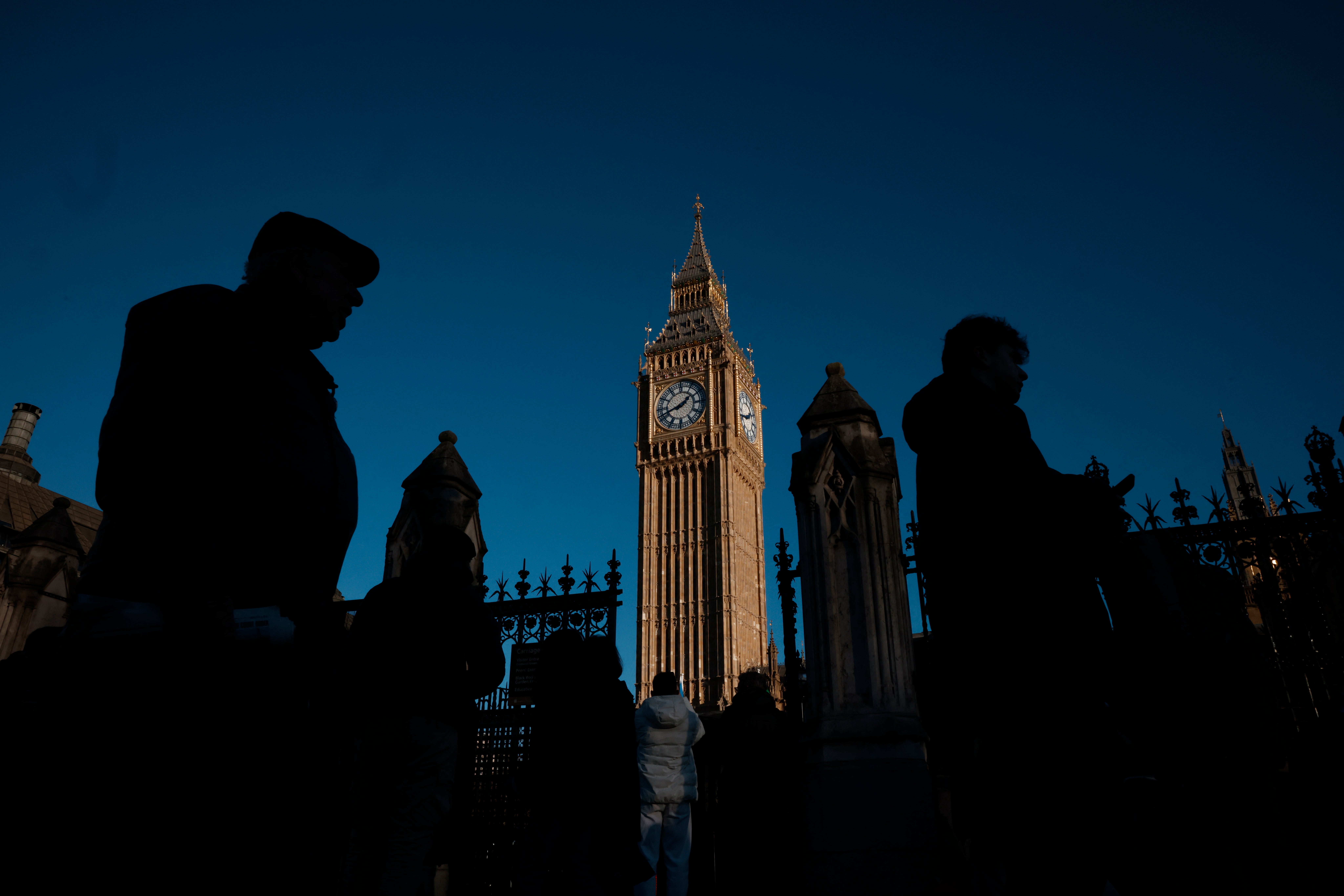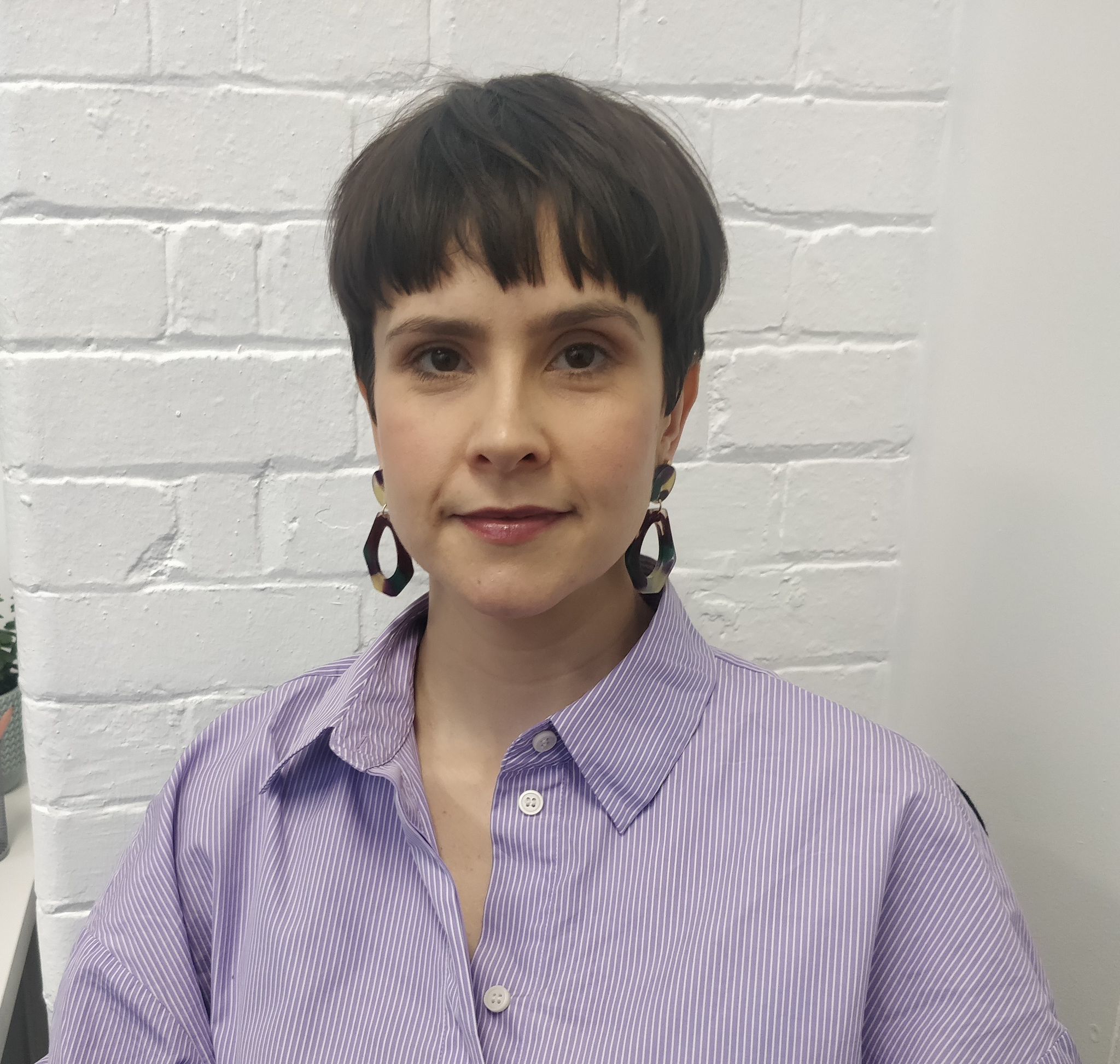Growth of women in power around world stalls despite year of ‘landmark moments’
‘Inequality is not inevitable but there is more to be done all around the world,’ says a leading gender equality charity head

Your support helps us to tell the story
From reproductive rights to climate change to Big Tech, The Independent is on the ground when the story is developing. Whether it's investigating the financials of Elon Musk's pro-Trump PAC or producing our latest documentary, 'The A Word', which shines a light on the American women fighting for reproductive rights, we know how important it is to parse out the facts from the messaging.
At such a critical moment in US history, we need reporters on the ground. Your donation allows us to keep sending journalists to speak to both sides of the story.
The Independent is trusted by Americans across the entire political spectrum. And unlike many other quality news outlets, we choose not to lock Americans out of our reporting and analysis with paywalls. We believe quality journalism should be available to everyone, paid for by those who can afford it.
Your support makes all the difference.As 2024 saw a bumper year for elections, the rise in the share of female politicians appeared to stall.
Billions of people across the world went to the polls in over 80 countries this year, with nearly half of the global population - some 3.6 billion people - living through major elections over the 12 months.
And the proportion of women as parliamentarians ended up, as of 1 December, at 27 per cent, according to data from the Inter-Parliamentary Union - with a global total of 32,082 men and 11,821 women.
That figure was just a meagre rise of only 0.2 per cent from last year.
The published data, which covered almost every country around the world, also showed the actual number of female politicans had fallen, from 11,872 last year.
Jemima Olchawski, chief executive of the UK’s leading gender equality charity, Fawcett Society, told The Independent those working in politics have “enormous power to shape democracies, cultures and economies”.
She added: “Parliaments must represent all of us and they must bring about policy changes that benefit all women. We have seen landmark moments for women following the UK election and these are to be celebrated.
“The highest proportion of women in our parliament ever, the most balanced cabinet ever, the first female chancellor of the exchequer. These changes show that inequality is not inevitable but there is more to be done all around the world.”

2024 marked the slowest rate of growth in female representation for two decades and 27 new parliaments now have fewer female politicians than they did before voters went to the polls. the BBC reports. Among those nations are America, Pakistan, India, Portugal, South Africa and Indonesia.
The news outlet analysed Inter-Parliamentary Union data from 46 nations where election results have been confirmed - discovering that the number of female politicians elected decreased in almost two-thirds of them.
While fewer women were elected to the European Parliament for the first ever time.
However, the BBC also reports that women made advances in the UK, Mongolia, Jordan and the Dominican Republic, while Mexico and Namibia both elected the first women presidents in their history.
Parliaments must represent all of us and they must bring about policy changes that benefit all women.
UN Women predicts that it will take as long as 130 years to achieve gender equality in the highest positions of power if the current rate continues. There are only 29 countries where 30 women are the head of state or government as of 1 October 2024, according to the UN body.
But in the UK, the picture has been better in the wake of Labour’s win in the recent election - with new women MPs recently telling The Independent parliament now feels less misogynistic and the “bubble” of Westminster may finally be bursting.
Politicians across the parties reflected on the fewer old male MPs and greater number of MPs who have been to state school, suggesting that parliament feels more representative of the wider country.
Staffers who worked in Westminster before the summer snap election said the culture in parliament has changed since Labour’s recent win, MPs said.
It comes after a record number of women were elected on 4 July, with 263 female members of parliament taking up their seats under a Labour government: a rise from 220 in 2019. The current proportion of female MPs is 40 per cent, and a significant improvement on the 34 per cent in 2019.
Studies have shown that nations led by women fared better than average during the coronavirus crisis. A study by the Centre for Economic Policy Research and the World Economic Forum found nations led by women rather than men had more successful responses to the coronavirus outbreak and implemented lockdowns more quickly as well as experiencing half as many deaths.
Join our commenting forum
Join thought-provoking conversations, follow other Independent readers and see their replies
Comments